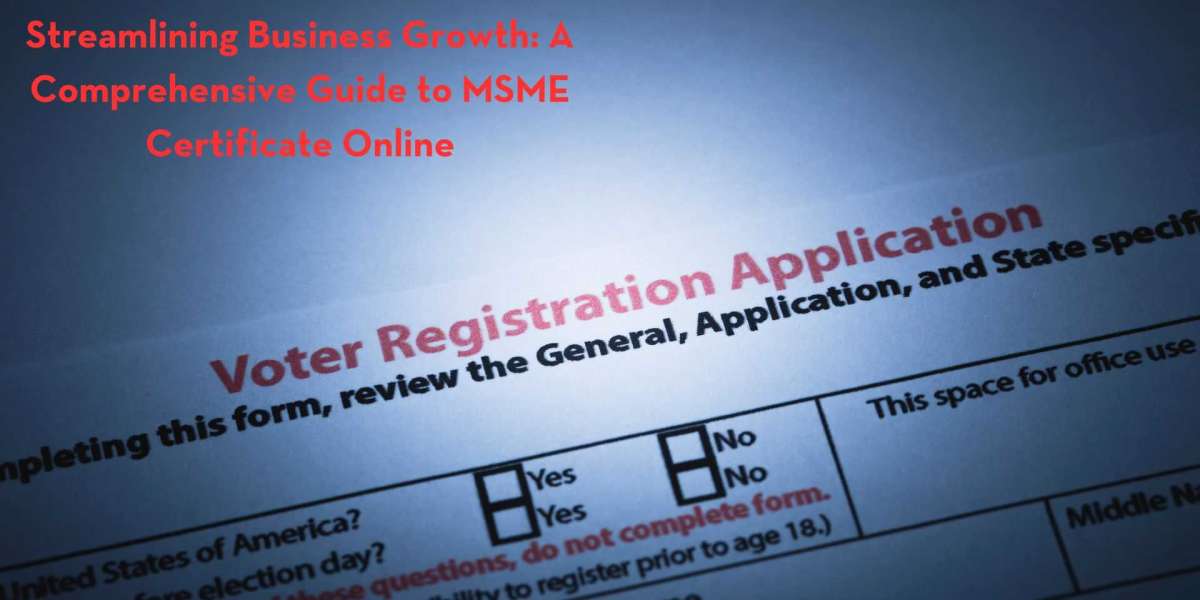An echocardiogram is a non-invasive diagnostic test used to assess the structure and function of the heart by creating detailed images of its chambers, valves, and blood flow. Many individuals undergoing an echocardiogram wonder how long the procedure will take and what to expect during the appointment. Understanding the duration of an echocardiogram and the factors that may influence its length can help alleviate any concerns and prepare for the test effectively.
Duration of an Echocardiogram:
The duration of an echocardiogram can vary depending on several factors, including the type of echocardiogram being performed, the complexity of the patient's heart condition, and the experience of the sonographer conducting the test. In general, a standard transthoracic echocardiogram, which is the most common type, typically takes approximately 30 to 60 minutes to complete.
Factors That Influence Echocardiogram Duration:
Type of Echocardiogram: There are several types of echocardiograms, each with varying levels of complexity and duration. A standard transthoracic echocardiogram, performed by placing a transducer on the chest wall, is relatively quick and straightforward. In contrast, a transesophageal echocardiogram, which involves inserting a probe into the esophagus for a closer view of the heart, may take longer and require sedation.
Patient Preparation: Prior to the echocardiogram, patients may need to change into a hospital gown and remove any jewelry or clothing that could interfere with the procedure. Additionally, some echocardiograms require specific preparations, such as fasting for several hours beforehand or avoiding certain medications that could affect heart function.
Image Quality: Achieving clear and accurate images is essential for an echocardiogram's diagnostic accuracy. Factors such as body habitus, chest wall thickness, and the presence of lung disease or surgical scars can affect image quality and may require additional time for optimization.
Technician Experience: The experience and skill of the sonographer performing the echocardiogram can also impact its duration. Experienced sonographers are proficient in obtaining high-quality images efficiently, whereas less experienced technicians may require more time for image acquisition and interpretation.
What to Expect During an Echocardiogram:
Preparation: Before the echocardiogram, a healthcare provider or technician will explain the procedure, answer any questions, and review any necessary preparations. Patients may be asked to lie on an examination table, typically on their left side, to optimize imaging of the heart.
Application of Gel: A special gel is applied to the chest to help transmit sound waves from the transducer to the heart and improve image quality. The gel may feel cool or slightly sticky but is harmless and easily wiped off after the test.
Transducer Placement: The sonographer will place the transducer on various areas of the chest to obtain different views of the heart. Patients may be asked to hold their breath or change positions briefly to facilitate image acquisition.
Post-Procedure: Once the echocardiogram is complete, patients can usually resume their normal activities immediately. The images obtained during the test will be reviewed by a cardiologist or healthcare provider to assess heart function and detect any abnormalities.
In conclusion, an echocardiogram is a valuable diagnostic tool for evaluating heart health and detecting various cardiac conditions. While the duration of an echocardiogram can vary depending on factors such as the type of echocardiogram and patient preparation, most standard transthoracic echocardiograms take approximately 30 to 60 minutes to complete. By understanding what to expect during the procedure and being prepared for the appointment, patients can undergo an echocardiogram with confidence and receive timely and accurate insights into their heart health.
Read more: How long does an echocardiogram take?













